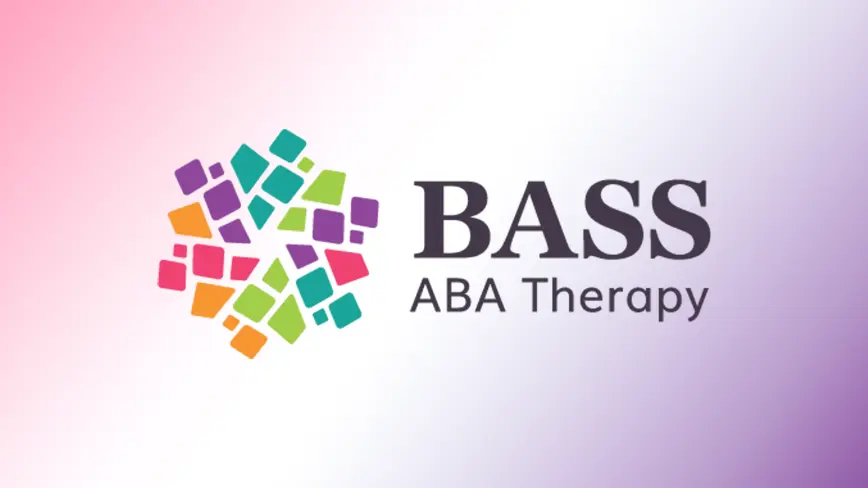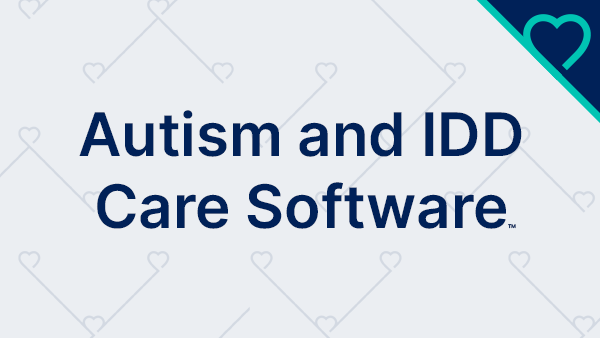Crafting an Individualized Education Program (IEP) that incorporates learners' unique strengths while addressing their challenges requires care and precision. Assessment for students with autism is critical in identifying students’ diverse learning needs, enabling educators to develop a plan that promotes the best possible outcomes. As a leading provider of software for individuals with autism and intellectual and developmental disabilities (IDD), CentralReach is illuminating the importance of assessments in facilitating quality Individualized Education Programs (IEPs).

Understanding Assessment for Students with Autism
When a student with autism is identified as requiring an IEP, the IEP team initiates an evaluation. During this evaluation, educators, psychologists, and therapists conduct various assessments. Assessments are important for identifying the student’s academic, social, emotional, and behavioral needs to inform the development of effective IEPs. These assessments for students with autism can vary but may include a combination of the following.

Exploring Special Education Assessment
A comprehensive IEP is necessary to ensure a Free Appropriate Public Education (FAPE) for students with disabilities, as required by the Individuals with Disabilities Education Act (IDEA). An initial special education assessment is first used to determine a student’s eligibility for special education services. From there, the assessment provides the foundation for crafting an efficacious IEP. It informs goal development and pedagogy, ensuring students receive the supports they need to make meaningful progress.
A special education assessment includes the following steps:
- Referral: The first step is a referral for a student identified as potentially needing special education services. This referral can come from a teacher or other school professional, a parent or caregiver, or through the Child Find system. Per federal law, schools must seek out and evaluate children with disabilities.
- IEP Team Development–A multidisciplinary IEP team will convene to conduct a comprehensive evaluation of the student. This team may comprise educators, psychologists, behavior analysts, speech-language pathologists, occupational therapists, and other professionals.
- Evaluation–IEP team members will conduct various assessments with the student. As data collection is a required component of an IEP, assessments are necessary for gaining baseline data on the student’s skills.
- Analysis and Interpretation–Next, the IEP team analyzes and interprets their findings. If they find the student qualifies for special ed services under one of the 13 disability categories, they proceed with writing the initial IEP.
CentralReach is a committed partner of districts nationwide, offering tailored special education assessment solutions to guide educational teams in making informed decisions about their student's academic journey.
Leveraging Assessment Data in IEP Development
As previously noted, data is a required component of IEPs. This includes baseline data during assessment for students with autism and ongoing progress data. Without data, educators cannot determine whether the IEP effectively supports the student’s individualized needs. Furthermore, without data, educators cannot demonstrate compliance with federal educational laws.
Accurate data informs the development of IEPs for students with autism and other disabilities in a number of ways, including:
- Identifying present levels of academic achievement and functional performance (PLAAFP)–A present level of performance statement is the foundation for the remaining sections of the IEP. This section summarizes the student’s needs and current abilities, serving as baseline data against which to measure progress.
- Establishing measurable goals and objectives–Using data from assessments, educators can make data-driven decisions about the goals and objectives to include in the student’s individualized program.
- Selecting accommodations, modifications, and support services–Assessment data helps identify the accommodations, modifications, and support services that students may need to be successful in the classroom.

The Role of IEP Software
IEP software is instrumental in streamlining the assessment-to-IEP development process. An integrated assessment and IEP management system allows for centralized data, facilitating effective collaboration among multidisciplinary teams. Educators can seamlessly analyze assessment data with individualized reports and add goals identified in the assessment into the IEP. From there, the team can take data on the goals throughout the year, housing the data in a secure location. A unified assessment, IEP, and data collection platform ensures educators remain in compliance with all federal and state regulations, including adequate data that demonstrates learner progress toward goals.
CentralReach’s LiftEd, a special education data collection system, integrates with Frontline Education, an IEP software leader. With this integration, educators can easily align data collection and real-time progress monitoring with IEP goals for streamlined reporting and compliance. LiftEd is designed to simplify IEP development, implementation, and monitoring while promoting data-driven decision-making and accountability.
Posted in Education, Special Education
You may also like...
Related information and stories
Special Education Data Collection/Case Management Success for NJ School District
Finding the right partners to promote quality and efficiency in special education is essential. In today’s digital world, this means discovering the tools and technology that promote student success and…
Continue ReadingStreamline Special Education Transition Plans with Unified Language. Innovative!
Every student’s special education journey encompasses many transitions. Navigating transitions, from the initial IEP evaluation all the way to postsecondary transitional service planning, is complex. Ensuring everyone, from educators and…
Continue ReadingABC Data Collection in Special Education & Functional Behavior Assessments
ABC data collection is a method for collecting data to support behavioral interventions. This approach is also considered one component of a functional behavior assessment, or FBA. FBAs are useful…
Continue Reading






